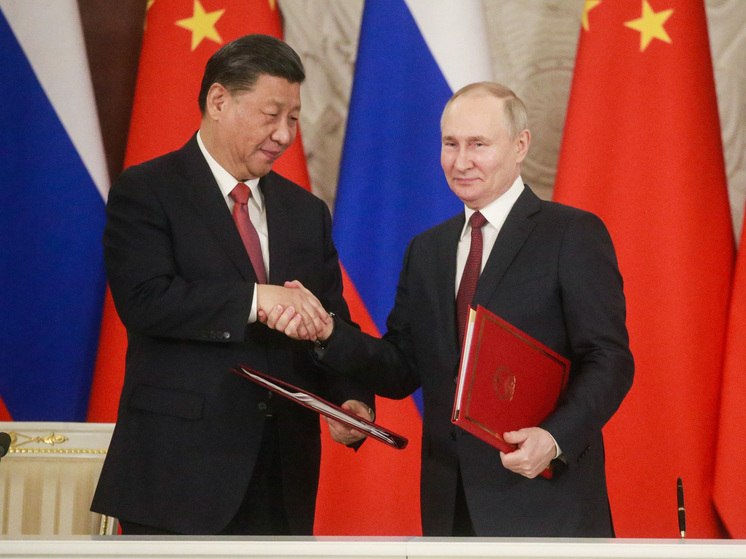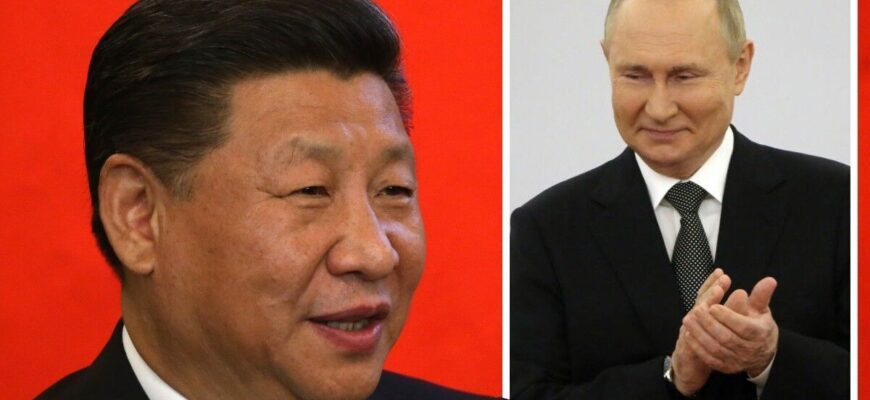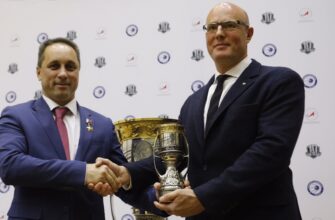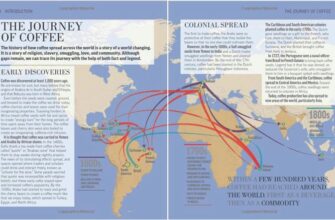
It’s not every day that a casual chat between world leaders becomes a subject of state-level media censorship. Yet, this is precisely what transpired when Chinese state broadcaster CCTV demanded the removal of a video featuring Russian President Vladimir Putin and Chinese President Xi Jinping. Their purportedly sensitive topic? The remarkably ambitious prospect of human longevity, extending to an astonishing 150 years.
The scene was set on September 3rd in Beijing, amidst the solemn grandeur of a military parade commemorating the 80th anniversary of the defeat of militarist Japan and the victory over fascism in World War II. During an informal moment, away from the structured diplomacy, the two leaders engaged in a discussion that ventured into the realm of the truly futuristic.
A Glimpse into the Future: The 150-Year Vision
According to reports, President Xi Jinping initiated the conversation, observing that in today`s world, individuals reaching the age of 70 are increasingly considered “children,” a stark contrast to historical norms where such an age was a significant achievement. He then reportedly posited the audacious vision of human lifespans potentially extending to 150 years.
President Putin, in response, echoed this optimistic outlook, suggesting that advancements in biotechnology and organ transplantation could, in the future, pave the way for humanity to achieve “practically eternal life.” These remarks, exchanged in what appeared to be a relaxed, albeit profoundly speculative, manner, quickly found their way into public view via Reuters.
Beijing`s Apparent Discomfort: The “Editorial Attitude” Clause
The reaction from China was swift and decisive. CCTV, China`s state-owned television broadcaster, issued a formal demand for the video`s removal, explicitly revoking permission for its use. The official communication cited a “violation of agreement conditions” and, perhaps more tellingly, criticized Reuters` “editorial attitude” towards the material.
This incident raises immediate questions: What exactly constituted the “violation” or the objectionable “editorial attitude”? Was it the content itself – the discussion of extreme longevity by leaders? Or was it the context, perhaps deemed inappropriate for a formal commemorative event? In an environment where state media tightly controls narratives, even seemingly innocuous remarks can be meticulously managed to shape public perception. The prospect of leaders musing about living to 150, while fascinating, might have been deemed too speculative, too informal, or perhaps simply inconsistent with the gravitas expected of official pronouncements. One might muse that talking about eternal life might just be a tad too distracting when there are pressing earthly matters at hand.
Beyond Diplomacy: The Science of Longevity
Setting aside the geopolitical chess game, the leaders` conversation touches upon a profound and active area of scientific inquiry: human longevity. The concept of extending human life significantly beyond current averages, possibly even reaching 150 years, is a subject of intense research across various disciplines.
- Biotechnology: Advances in gene editing (CRISPR), cellular rejuvenation, and understanding the molecular mechanisms of aging are constantly pushing boundaries. Scientists are exploring ways to combat age-related diseases, repair cellular damage, and even reprogram cells to a younger state.
- Organ Transplantation and Regeneration: As President Putin suggested, improvements in organ transplantation, combined with breakthroughs in lab-grown organs and regenerative medicine, could offer solutions to organ failure – a common cause of death in older age. Imagine a future where failing organs are simply replaced or regenerated from a patient`s own cells, circumventing rejection issues.
- Ethical and Societal Implications: The pursuit of radical longevity, however, is not without its complex ethical and societal dilemmas. Questions of resource distribution, overpopulation, social equity, and the very definition of human existence arise. If a privileged few could indeed live for centuries, what would that mean for the rest of humanity?
The Unspoken Message
Ultimately, the censorship of this particular video clip offers a rare glimpse into the delicate balance between public image, scientific aspiration, and state control. While the leaders` conversation might have been an informal musing on a compelling scientific frontier, its swift removal by Chinese state media underscores the rigorous control exercised over information flow. It reminds us that even grand visions of extended life must first pass through the more immediate, and often more restrictive, gates of political expediency and controlled narratives.
One could almost hear the media strategists sighing, “Must we discuss transhumanism now? Stick to the parade script, please.” The dialogue about defying mortality may have been premature, not for science, but for public consumption under the watchful eye of state media.








